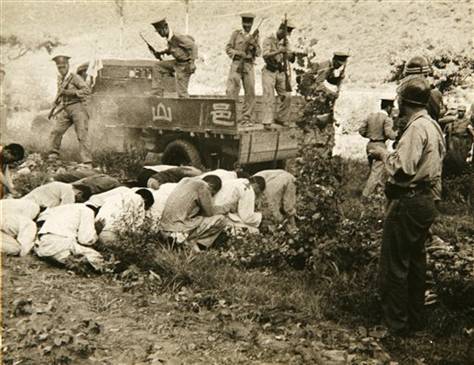Today in Labor History January 6, 1839: The Night of the Big Wind, the most damaging storm in 300 years, hit Ireland and the UK. It damaged over 20% of the houses in Dublin. 42 ships were wrecked. Hundreds of people died.
Carl Sandburg
Today in Labor History January 6, 1878: Author-poet Carl Sandburg was born on this date in Galesburg, Illinois. Sandburg also worked as a labor organizer. His work was published in the “International Socialist Review,” as well as Max Eastman’s “The Liberator,” and later worker for the “Chicago Daily News.” The Feds accused him of being a Bolshevik symp, when he was actually just a working class symp. Sandburg died on July 22, 1967.
WORKING GIRLS (by Carl Sandburg)
THE working girls in the morning are going to work–
long lines of them afoot amid the downtown stores
and factories, thousands with little brick-shaped
lunches wrapped in newspapers under their arms.
Each morning as I move through this river of young-
woman life I feel a wonder about where it is all
going, so many with a peach bloom of young years
on them and laughter of red lips and memories in
their eyes of dances the night before and plays and
walks.
Green and gray streams run side by side in a river and
so here are always the others, those who have been
over the way, the women who know each one the
end of life’s gamble for her, the meaning and the
clew, the how and the why of the dances and the
arms that passed around their waists and the fingers
that played in their hair.
Faces go by written over: “I know it all, I know where
the bloom and the laughter go and I have memories,”
and the feet of these move slower and they
have wisdom where the others have beauty.
So the green and the gray move in the early morning
on the downtown streets.
1880s-1910s
Today in Labor History January 6, 1882: The Toronto Labor Council voted to support equal pay for equal work.
Today in Labor History January 6, 1916: 8,000 workers called a strike at the Youngstown Sheet & Tube plant. On January 7, their wives and family members joined them on the picket line. Company guards attacked the crowd with tear gas bombs and live fire, killing three strikers and wounding 25 others.
1930s

Today in Labor History January 6, 1937: The Abraham Lincoln Brigade formed to fight fascism in the Spanish Civil War. Roughly 4,000 American men and women fought for the Republicans in violation of U.S. law. Nearly 2,000 of them died of wounds or disease. One of the casualties was Oliver Law, a communist, and the first black man known to have commanded white U.S. troops. He led the Tom Mooney Machine-Gun Company, named for labor organizer Tom Mooney, who spent years in prison on trumped up charges related to the San Francisco Preparedness Day bombing.
1950s

Today in Labor History January 6, 1951: South Korean soldiers and cops slaughtered as many as 1,300 unarmed civilians in the Ganghwa Massacre. They were all supposed collaborators with the Communist North Korean People’s Army. The year before, they killed another 150 suspected Communists in the Bodo League Massacre.
1970s
Today in Labor History January 6, 1970: West Virginia miners launched a wildcat strike to protest the murder of their union reform leader Joseph “Jock” Yablonski.
Today in Labor History January 6, 1975: 12,000 workers struck at the Vaal Reefs gold mine in South Africa. It was the world’s largest gold mine at the time. In 1994, 104 miners at Vaal Reefs were killed when an underground train fell into the elevator shaft.
Today in Labor History January 6, 2019: Forty people died when a gold mine collapsed in Badakhshan province, northern Afghanistan.
Pingback: Tom Mooney and Warren Billings - Michael Dunn